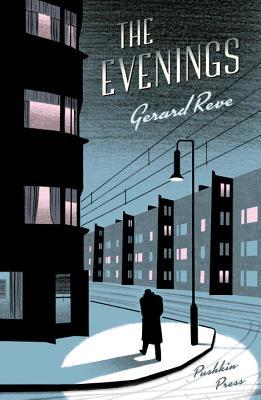What do you think?
Rate this book


320 pages, Hardcover
First published January 1, 1947
'You do know, don't you,' Frits said when they walked on, 'that everything could be entirely different?' 'I haven't had the opportunity to make a study of that yet,' Jaap said.
